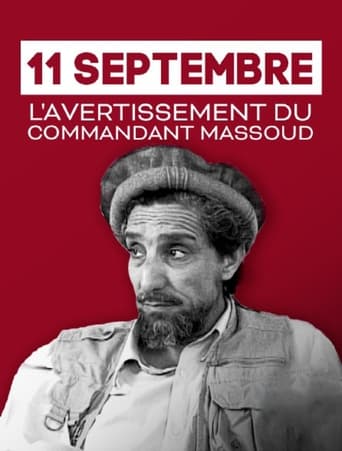
03 Sep 2021

11 Septembre, l'avertissement du commandant Massoud
No overview found
"No Book This Year" tells the story of Yalda, a former staff member of Afghanistan's booth at the Frankfurt Book Fair. Years after the booth's closure, Yalda takes it upon herself to independently relaunch Afghanistan's presence at the fair. Despite numerous challenges and obstacles, her unwavering determination to showcase Afghan literature and culture shines through, illustrating the resilience of the human spirit in preserving cultural heritage.

03 Sep 2021

No overview found
29 Mar 2011
The mission: Capture US and NATO forces on camera giving food, water, clothing, blankets, and medical supplies to widows and orphans in refugee camps and villages of Afghanistan.
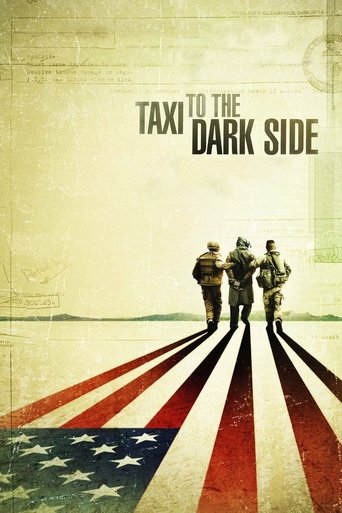
18 Jan 2008

An in-depth look at the torture practices of the United States in Afghanistan, Iraq and Guantanamo Bay, focusing on an innocent taxi driver in Afghanistan who was tortured and killed in 2002.
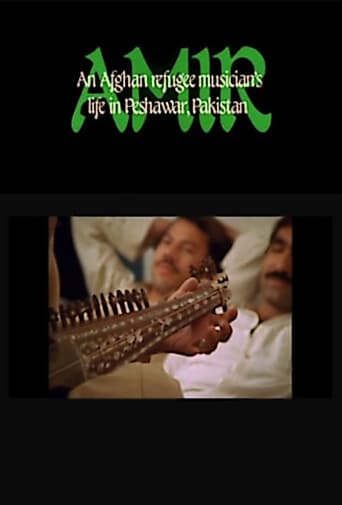
01 Jan 1985

Amir, shot during the height of the Afghan civil war in the 1980s, investigates and portrays the life of Afghan refugees living in and around the city of Peshawar in northern Pakistan through the experiences of the musician Amir. The aspirations of Afghan refugees are expressed through their political songs dealing with the civil war in Afghanistan, with exile, with Afghan nationalism and with the Islamic revolution. In highly charged and tragic circumstances, music can be used in very direct ways, both to promote solidarity and as an agent of catharsis.
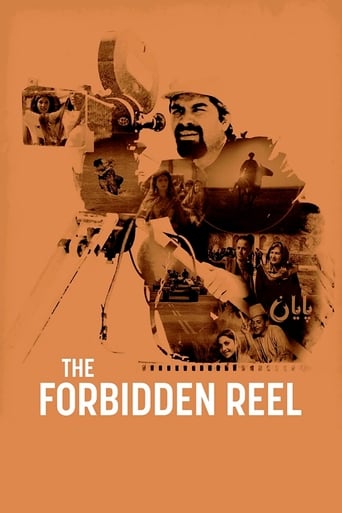
03 Mar 2020

According to the official history of Afghanistan, ruthless destruction has always prevailed over art and creation; but there is another tale to be told, the forgotten account of a diverse and progressive country, seen through the lens of innovative filmmakers, a story that survives thanks to a few brave Afghans, a small but very passionate group that secretly fought to save a huge film archive that was constantly menaced by war and religious fanaticism.
01 Jan 2011
No overview found
15 Nov 2008
A powerful and poignant film in which families and friends of those who have died fighting in Afghanistan and Iraq talk openly about their loved ones and their grief. Epic in scale and spanning seven years of war, this landmark three-hour film gives a rare insight into the personal impact and legacy of this loss.
01 Jan 1979
This film is a glimpse of the traditional life of the Afghan people, their culture and their music, just before the Russian intervention in 1979.
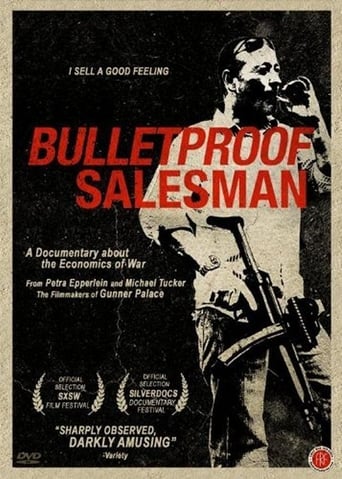
10 Mar 2008

Fidelis Cloer is a self-confessed war profiteer who found The Perfect War when the US invaded Iraq. It wasn't about selling a dozen cars, or even a hundred, it was a thousand-car war where security would become the ultimate product.
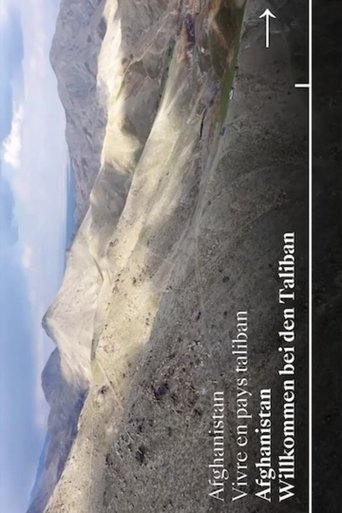
01 Jan 2021

By immersing themselves in a Taliban village, and after gaining very rare access to major institutions, the directors shed a disturbing light on today's Taliban society, and on the workings of this ultra-conservative parallel state. whose leaders have just symbolically moved into the presidential palace, to assert a stranglehold that foreshadows the Afghanistan of tomorrow.
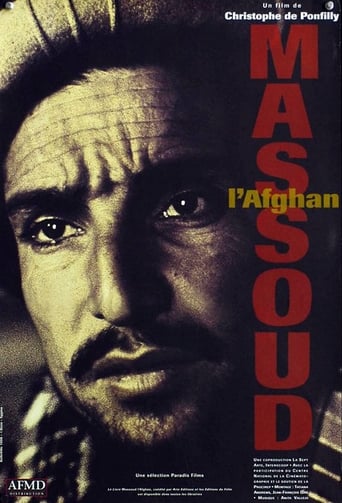
30 Sep 1998

The friendship between Christophe de Ponfilly and Commander Massoud, a legendary figure of the Afghan resistance against the Soviet invader, goes back to the filmmaker's first film, "A Valley Against an Empire", made in 1981. Fifteen years later, weakened, isolated, betrayed by many of his own, the "Lion of Panshir" has not surrendered to his new and implacable enemies, the Taliban. While preparing his next offensive, he evokes his commitment and his fights, and bears witness to a history in which he has been one of the main actors for twenty years. At the same time, the director questions the role and power of the media, as well as his own approach as a filmmaker. Commander Massoud was killed in an attack in September 2001.
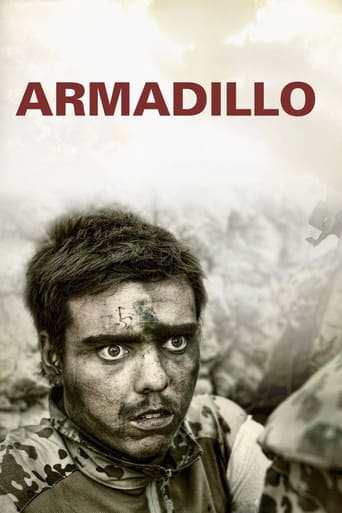
27 May 2010

Danish soldiers are sent to Afghanistan in 2009 for 6 months, to help stabilize the country against the Taliban. They're stationed on Armadillo military base in Helman province. Unlike other war movies, this is the real deal – no actors.
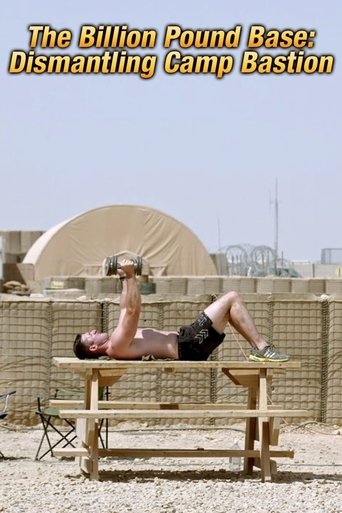
07 Dec 2014

Documentary that follows the men and women whose job it was to pack up Britain's Camp Bastion base in Afghanistan.
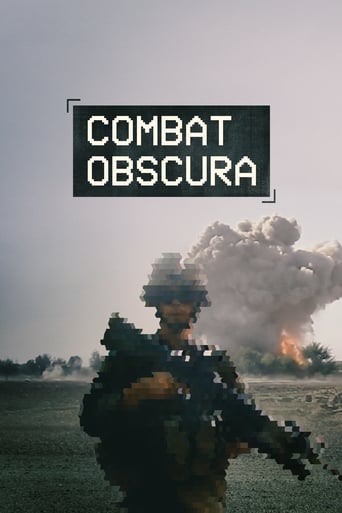
01 Mar 2018

Former combat videographer Miles Lagoze presents personal footage of U.S. Marines in the Afghan war zone.
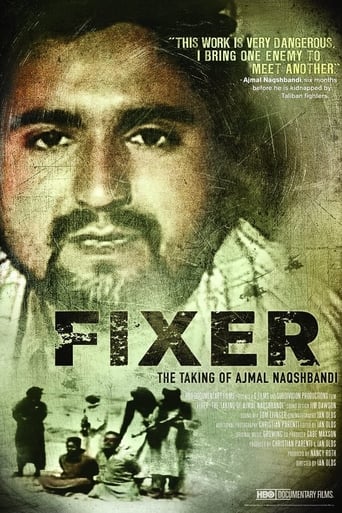
12 Mar 2010

In 2007, the Taliban kidnapped 24-year-old Ajmal Naqshbandi and an Italian journalist. Naqshbandi was one of Afghanistan's best "fixers" -- someone hired by foreign journalists to facilitate, translate, and gain access for their stories.
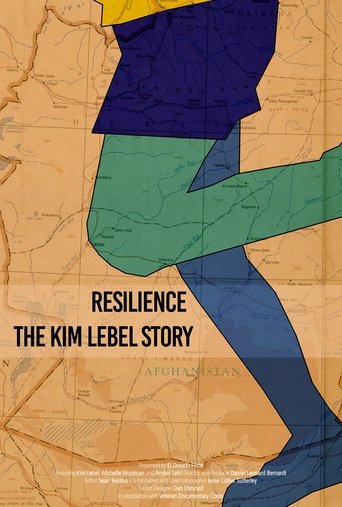
17 Nov 2024

"Resilience: The Kim LeBel Story" follows the remarkable journey of a woman who overcame a violent, abusive upbringing in Alabama and Georgia to serve honorably in the U.S. Navy. After defending herself from a traumatic family life, Kim joined the military, only to face new challenges—gender discrimination, sexual harassment, and the brutal realities of combat in Afghanistan. Despite being shot and witnessing the horrors of war, Kim's indomitable spirit and courage shine through. Her story is a powerful testament to the resilience of women in the military, offering an intimate portrayal of survival, strength, and triumph against the odds.
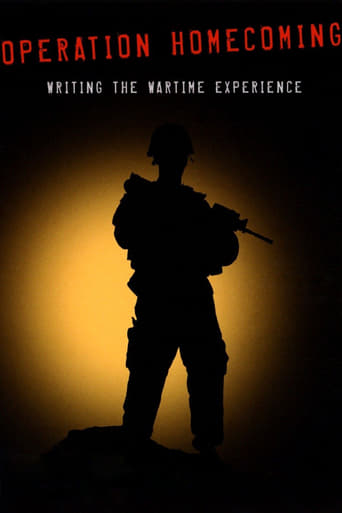
09 Feb 2007

A unique documentary about troops' experiences in Iraq and Afghanistan, based on writings by soldiers, Marines, and air men.
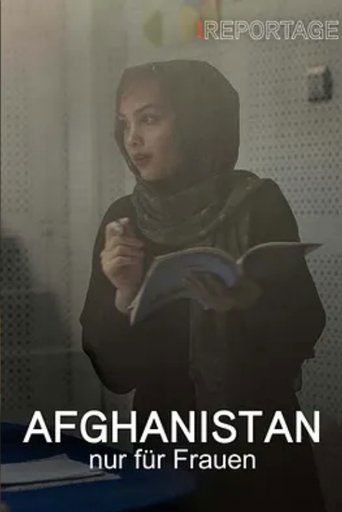

Since 15 August 2021, the day the Taliban took power, women in Afghanistan have been suffering from a gender apartheid that is unique in the world. Only Radio Begum gives them hope: Radio Begum broadcasts school radio programmes by women for women, albeit under strict Taliban control.
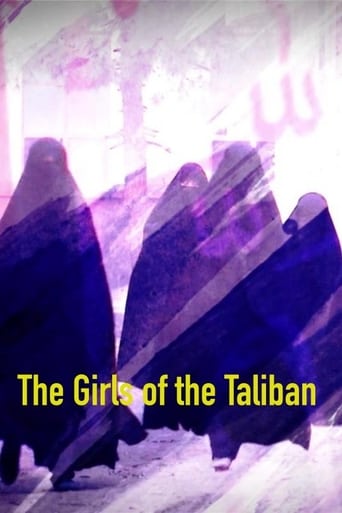
19 Dec 2014

An insight into a girls' school in Afghanistan which imposes an even stricter interpretation of Islam than the Taliban.
06 Jul 2011
A journey through the parts of Afghanistan that don't normally feature in news coverage to meet some amazing people and see fascinating places. Lyse Doucet uses her many years experience in Afghanistan to show a different side of a country which has been at war for 30 years.